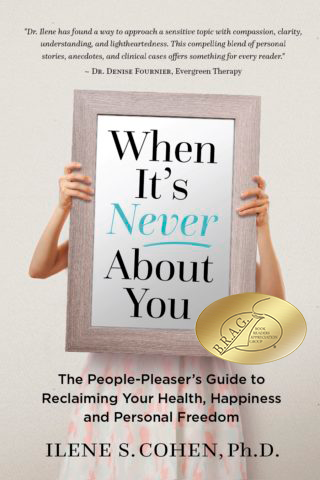
| Website(s) | |
| Illustrator | Oscar Linstrom |
| Genres | Non-Fiction |
| Buy Now | Amazon.com Amazon.co.uk |
| Video Trailer | Watch Trailer |
Synopsis
There are many brief histories – ‘of Time’, ‘of Nearly Everything’, ‘of Humankind’. The Dweller’s Guide is a brief geography – an accessible guide to the most important information on any country or place in the world, from the point of view of someone who might consider living there.
It starts off with 219 identifiable places to live in the world – 195 countries and various other states, non-states, dependencies and ‘overseas territories’.
Each chapter defines and applies a single disqualification, (failed state, bad regime, conflict, crime, climate change, affordability, culture) going through remaining places in alphabetical order – with an open mind and some discussion; sometimes satirical and sometimes downright rude. So that I couldn’t ‘cheat’ to get the result I wanted, I selected the criteria and the definitions before writing any of the entries. At the outset it was relatively easy to predict some early departures but impossible to know how many or which would be left at the end. (You might want to make a note, before you start reading, of the countries you think are most likely to survive to the last chapter.) In this sense, it really was a journey of discovery. At the end of each round of disqualification there is a map of the remaining ‘habitable world’. By the end, only 8 countries remain – and they are not the ones you are most likely to think of. They survive simply by not having been disqualified on any of the criteria. This doesn’t necessarily mean they are the best countries in the world, rather that they are the least worst.
Statistics tend not to be politically correct. Nor is their use ever entirely objective. As a white, middle aged, metropolitan British male, I cannot escape various conscious and unconscious cultural biases. Without meaning to, I probably cherry pick my data to suit them. It won’t always be simple or uncontroversial.. Some of my conclusions are likely to offend. I wish it could have been funnier – but there are only so many good jokes you can get out of tyranny, war, corruption and the existential threat of climate change! Please feel free to disagree, introduce your own criteria or data sources. I am setting out the results of my quest. You may have your own.



















